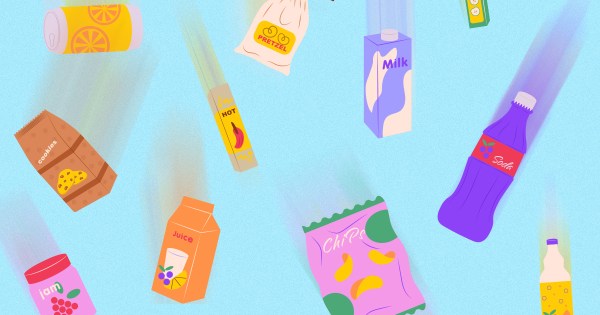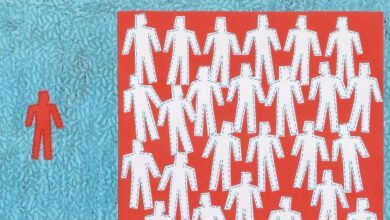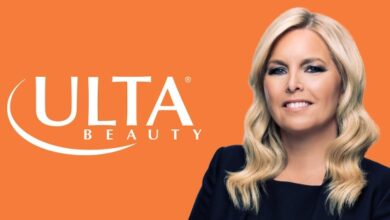Private Labels Are Heading Toward 2025 With Major Momentum

Private brands, such as Walmart’s Great Value, Target’s Good & Gather and Costco’s Kirkland Signature, found their way into more homes across America last year.
There are several reasons for this. First, supply chain issues during the pandemic led to shortage of major national brandsforcing many shoppers to try private label products that they might have ignored in the past.
Second, high inflation rates for everything from chips to toilet paper have steered more consumers toward more economical private label options.
Third, much of the trust and authority created by national brands over decades of conventional advertising does not reach or influence the minds of younger generations, who prefer TikTok to prime-time television .
Indeed, figures from consumer intelligence firm NIQ show that two-thirds of Gen Z and millennial consumers now believe private brands are as good as national brands.
“The stigma of having a Kroger or Trader Joe’s item on your counter when a company comes to you and you receive is evaporating,” said Steve Zurek, vice president of the advanced analytics and thought leadership at NIQ.
Rather than reputation, Zurek noted, today’s consumers care about the taste and quality of a product, and whether it offers good value.
Thanks, in part, to this combination of factors, private labels have surpassed national brands in dollar sales in recent years. Data from January to November this year shows that private brands grew by 3.2%, while national brands grew by 1%.
There are also more private labels to choose from: currently, private labels represent 19.7% of the market, up from 18.6% in 2020.
Store brands, as they are also known, also play an increasingly important role in influencing retail shoppers who visit. In 2016, about a third of consumers said private brands played an important role in determining where they shop. Today, the majority say the same thing.
Additional figures from NIQ indicate that most retailers are considering expanding their private label offerings.
The majority also intends to invest more in the marketing of these products in order to attract consumers hungry for more affordable alternatives.
Discount grocer Save A Lot, which has approximately 750 stores in 32 U.S. states, took this approach in summer 2022 with a handful of 15-second spots comparing its various private label items with their well-known national counterparts.
“We invite shoppers to try our private label products for their next barbecue,” Tim Schroder, Save A Lot’s former director of sales and marketing, said in a statement at the time. “We think they will find they are as good as, or better than, their national brand equivalents, but will spend significantly less.”



